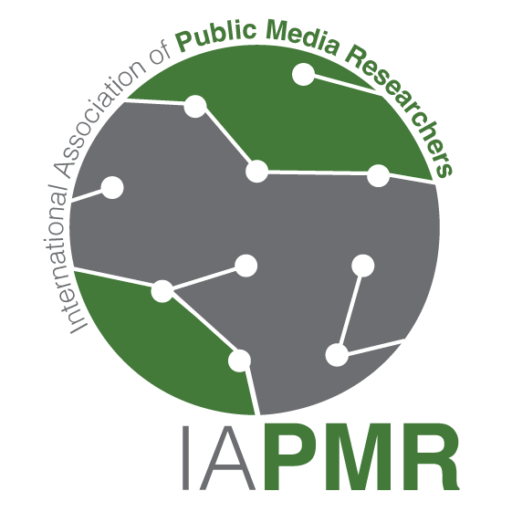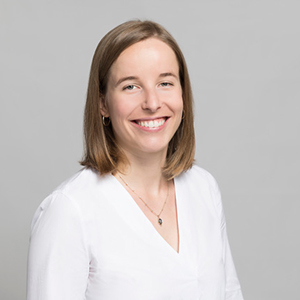Fiona Fehlman is a Research Associate at the Institute of Applied Media Studies at Zurich University of Applied Sciences (ZHAW). She recently obtained a Ph.D. in media studies with her work on the legitimacy of public service media within young audiences in Switzerland. Her thesis is part of the research project ‘Public Service Media’: Audience Acceptance and Future Opportunities’ funded by the Swiss National Science Foundation. In her research, she is particularly interested in questions related to media literacy, young audiences, and the role of public service media in a networked society.
Can you tell us about your PhD project?
In my doctoral thesis, I investigate with a perspective that conceptualizes legitimacy as a form of perception of a) how young audiences (aged 14-35) in Switzerland evaluate the legitimacy of the Swiss public broadcaster and b) how these young audiences and their evaluations are perceived by the Swiss public broadcaster SRG SSR.
Based on data from a quantitative online survey as well as group discussions among young audiences and qualitative interviews with staff from the SRG SSR, I explore and compare the prevailing norms, values, definitions, and opinions of these two groups regarding the role of Public Service Media in Switzerland.
What motivated your research?
My motivation stems from my interest in research on changing practices and underlying values, norms, and definitions of PSM journalism and its legitimacy perceptions in society. In 2018, shortly before I started my PhD project, the Swiss voters overwhelmingly rejected the abolition of the licence fee in a popular vote and especially young adults aged 18 to 24 voted against this abolition. It was fascinating to see that young people that supposedly make little use of PSM services were the ones in favor of public broadcasting. When I was given the opportunity to investigate, as part of a research team, how young people view public broadcasting and what the SRG SSR offers to young people, I gratefully accepted the chance.
How can your research contribute to the study of Public Service Media?
I hope that I can raise some more interest in the concept of legitimacy and its empirical exploration. Although the legitimacy of public service media is repeatedly mentioned in passing in the context of PSM research and many PSM frameworks (e.g. Public Value), the theoretical and empirical emphasis in studies on PSM is mostly not on this concept. Based on terminologies of the field of new-institutionalism I strive to illustrate the benefits of a perspective that conceptualizes legitimacy as a form of perception. The idea was to adopt a multi-level approach that considers the interplay between individual perceptions and (social) meanings of PSM norms, values, and definitions. For example, based on my data collection one could argue that there are tensions between different dimensions of legitimacy perceptions among young audiences in Switzerland: while many of the young people interviewed assume that PSM services are of little use to them personally and to their peer group (‘Use Value’), they remain convinced that such services are important for democratic processes, local culture, etc. (‘Societal Value’). The management staff of the Swiss broadcaster SRG SSR is aware of this situation and various transformation processes have been initiated that attempt to increase the ‘Use Value’ for young audiences. This has resulted among other things in the emergence of new journalistic norms, values, and definitions e.g. on the level of production processes, some of which are also strongly influenced by platform logics, and which are also leading to internal tensions in the way they are perceived by staff.
Is there any (emerging or senior) scholar that has particularly impacted your work in any way? Who and why?
There are so many inspiring scholars that had great impact on my work through their writings who are also part of the IAPMR network. I admire academics who try to look at big picture issues around PSM or other phenomena by trying to describe how institutional settings relate to people’s everyday practices. For example, I find the classic writings of Mario Rainer Lepsius or Peter L. Berger and Thomas Luckmann a very inspiring source in terms of finding starting points for my own research. Towards the end of my PhD project, I really enjoyed reading Karen Donders’ book on law, theory and practice of PSM in Europe. One of the things that really resonated with me was this passage in the book: “(…) Public Service Media theory is more about what we want it to be than about what it is. That has obvious value, but more work, also outside the field of news and current affairs, is needed on how public broadcasters manage or fail to contribute to political, cultural, social and civic citizenship” (Donders, 2021, p. 75). I think this is especially something to bear in mind when doing research on young audiences and Public Service Media.

